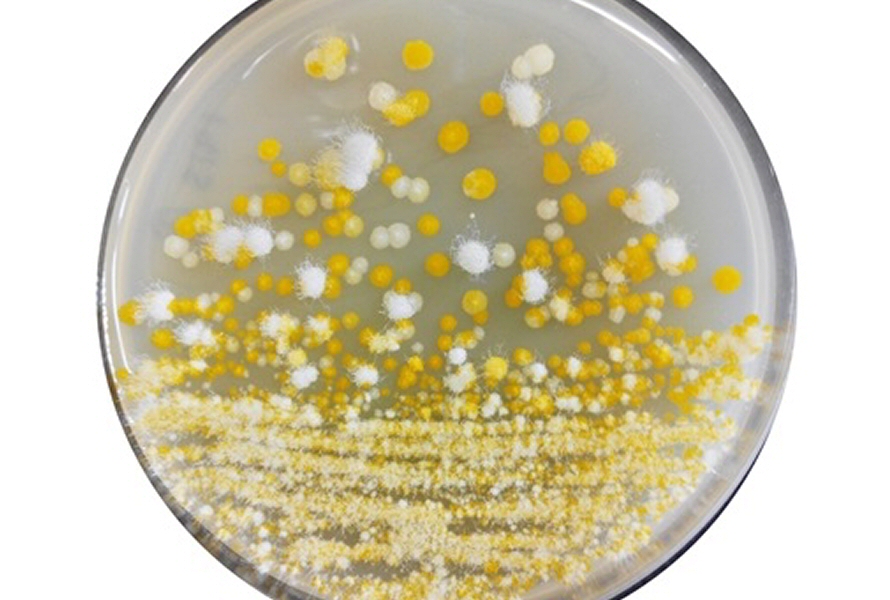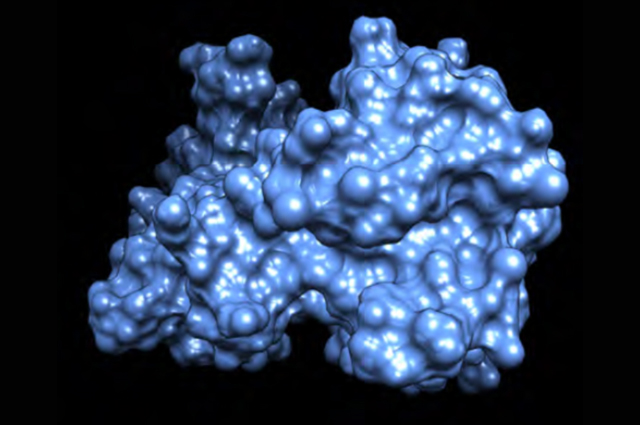Genómica y Biotecnología Molecular de Hongos





Genomics and Molecular Biotechnology of Fungi
The “Genomics and Molecular Biotechnology of Fungi” group has specialized in the molecular genetics of Mucorales fungi. These, like other basal fungi, have been little studied at the molecular level due to the difficulty in manipulating their genome. However, our group has developed molecular tools to manipulate the genome of Mucor lusitanicus, formerly Mucor circinelloides f. lusitanicus, making it the best model for studying basal fungi. Recently, we have also developed the technology to manipulate the genome of a second mucoralean species, Rhizopus microsporus, using CRISPR/Cas9 technology, which has made us a global reference group in the molecular genetic analysis of Mucorales. Members of the group are fully committed to promoting the research of Mucorales, as we believe that a complete understanding of life on our planet requires the study of underexplored phylogenetic groups.
The research of the group has focused on dissecting the molecular mechanisms of gene expression regulation underlying various cellular processes in Mucorales. It has evolved from characterizing the mechanisms involved in the responses to light to those involved in their infective capacity, including the characterization of gene silencing mechanisms. Currently, the group is devoted to identifying the virulence factors involved in mucormycosis, a fungal infection caused by several species of Mucorales with a high mortality rate that can reach 90%. Although this infection has a very low incidence, the situation is very concerning due to the lack of effective treatments and its continuous increase, especially in recent years as a secondary infection in individuals who have suffered from COVID-19. This has been particularly notable in countries like India, where several states declared a mucormycosis epidemic during the COVID-19 pandemic. As a result, the World Health Organization included Mucorales in the first fungal priority pathogens list, published in 2022.
Our aim is to identify the genetic and epigenetic mechanisms that regulate the infective capacity of the fungus, which could lead to potential targets for developing antifungal treatments. One of our main research lines focuses on identifying the mechanisms that regulate the transition from yeast to mycelium, as the mycelium form is the infective form. Another research line examines the role of adenine methylation in DNA in regulating gene expression. Adenine methylation is an epigenetic modification present at high levels in fungi that cause mucormycosis and other basal fungi but is very low in humans and other eukaryotes. Our group has demonstrated that this modification is necessary for fungal growth and, therefore, its pharmacological blockage could be a strategy to combat mucormycosis.









